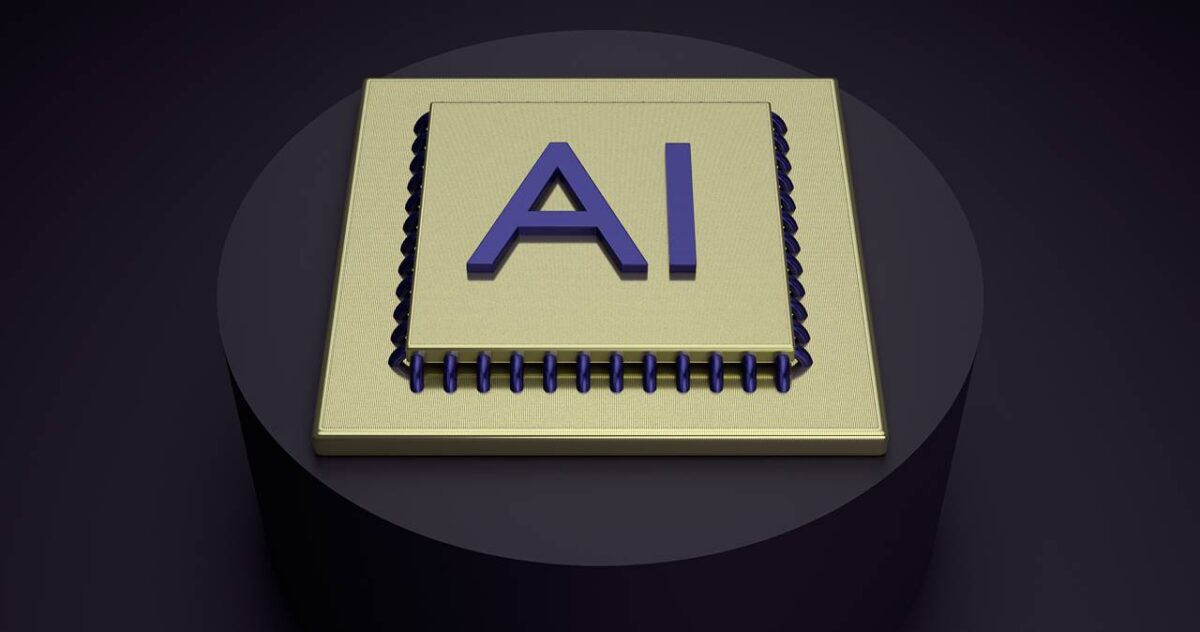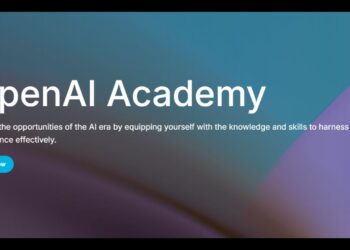In a significant development, Meta, IBM, and a consortium of startups and researchers have united to form an alliance advocating for a more open and collaborative approach to the development of artificial intelligence (AI). This move sets the stage for a clash with technology giants OpenAI and Google, as differing philosophies on AI’s future take center stage.

IBM CEO Arvind Krishna described the formation of the AI Alliance as a “pivotal moment in defining the future of AI,” highlighting the crucial nature of the ongoing philosophical debate. OpenAI and Google, particularly through projects like ChatGPT, advocate for a closed system concerning large language models, emphasizing the need for centralized control to ensure ethical and responsible deployment.
In contrast, proponents of open source AI argue that sharing technology can foster innovation and prevent the concentration of power in the hands of a few entities. The recent internal strife at OpenAI, coupled with Microsoft’s strengthened role, has intensified concerns about a single company wielding disproportionate influence in the AI landscape.
“Pursuing open innovation levels the playing field, allowing everyone to share in the benefits of generative AI,” noted Jennifer Chayes, Dean of UC Berkeley’s College of Computing, Data Science, and Society, representing the viewpoint of the open source advocates.
Meta, the parent company of Facebook, stands out as a strong proponent of the open-source model, in stark contrast to OpenAI’s GPT-4. Meta has made its LLaMA models readily available for researchers and startups, emphasizing the belief that open development allows more people to access AI benefits, fostering innovation and prioritizing safety.
The AI Alliance boasts about 50 founding members, including Intel and NASA. Notably, OpenAI and Google are not part of this initial consortium, underscoring the divisions within the AI community regarding the optimal approach to shape the technology’s future.

















